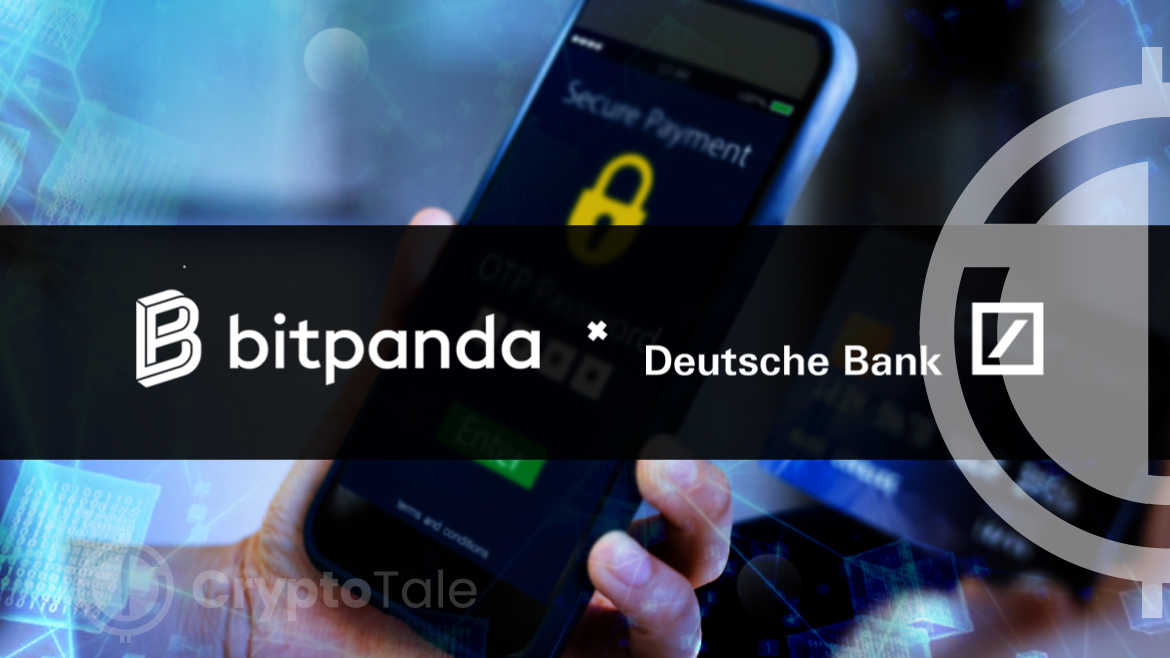
Austrian crypto trading platform Bitpanda has expanded its collaboration with Deutsche Bank. This agreement will enable Bitpanda to use Deutsche Bank payment solutions for real-time transactions in Germany. Deutsche Bank will allow Bitpanda to access the German IBANs via an API integrated account system. This will improve the process of transaction for users of Bitpanda in Germany.
Bitpanda’s cooperation with financial services providers like Deutsche Bank is a strategic goal throughout 2024 for the unicorn. Bitpanda’s deputy CEO, Lukas Enzersdorfer-Konrad said
“Bringing the best parts of the industry together is where we can create real value for people. Deutsche Bank’s commitment to working with new and innovative players in the financial industry continues to make our partnership possible.”
For Deutsche Bank, the deal is in line with the bank’s strategy to become a bank of choice for high potential platforms in emerging fintech areas like crypto. Kilian Thalhammer, Global Head of Merchant Solutions at Deutsche Bank, asserted that it is the bank’s strategy to contribute to a reliable environment for users in the field of virtual asset investing.
German Banks Embrace Crypto Amid Regulatory ChangesEstablished in 2014, Bitpanda has become one of the biggest crypto asset brokers in Europe within a few years, serving more than 4 million users. The exchange provides access to over 2,800 digital assets with 350 cryptocurrencies, stocks, ETFs, precious metals, and commodities.
In April, another German bank Landesbank Baden-Wuerttemberg (LBBW) also revealed that it will provide crypto custody services in partnership with Bitpanda before this year ends. These trends depict a growing harmony between the banks and the crypto firms in Germany as well as in the European financial system.
Deutsche Bank previously supported Bitpanda’s operations in Austria and Spain with cross-currency solutions. Expanding that relationship to real-time fiat payment services in Germany represents a significant strategic milestone for both firms.
The collaboration shows how regulated crypto platforms are increasingly partnering with mainstream financial heavyweights. Such partnerships could help to speed up the adoption of crypto assets across Europe and around the world.














